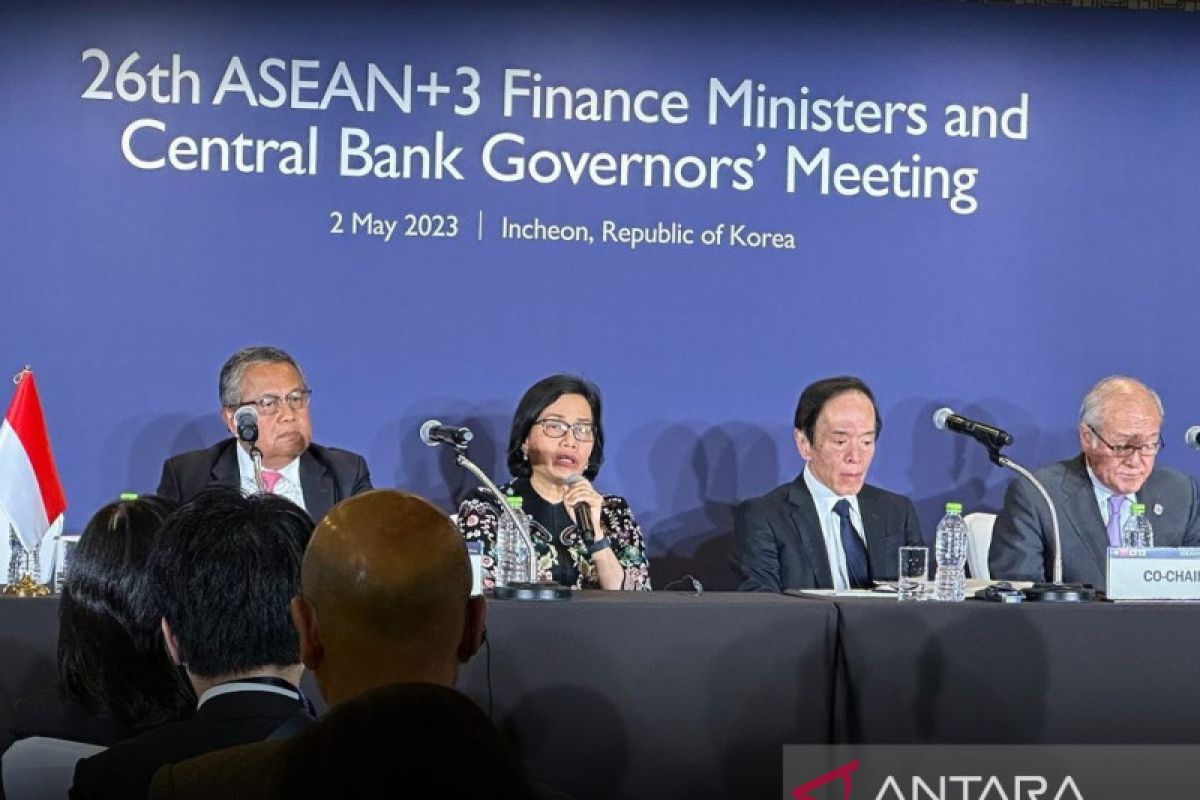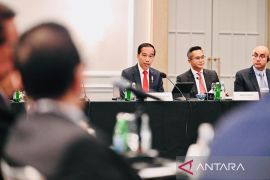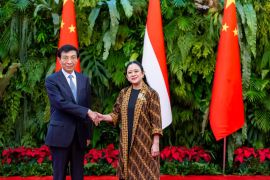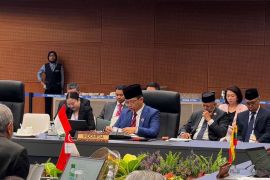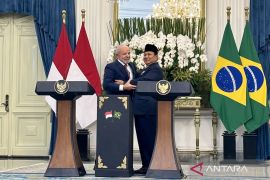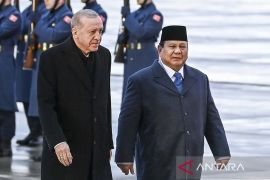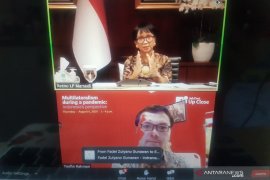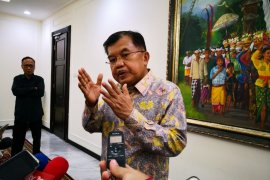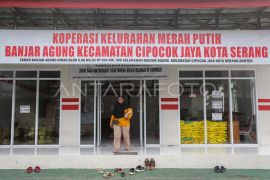"This guideline allows members to provide liquidity support in their own domestic currency and local currency of other members," Sri Mulyani wrote on her official Instagram account @smindrawati, as quoted here on Wednesday.
The updated guidelines are the result of the 26th ASEAN+3 Finance Ministers and Central Bank Governors' Meeting (AFMGM+3) in Incheon, South Korea, on May 2.
It was a strategic meeting between ASEAN+3 members to mutually understand the problems faced in this region in the midst of the latest global economic developments.
Apart from the CMIM, the minister of finance stated that several ASEAN+3 initiatives were discussed at the meeting, including capacity building and governance of the ASEAN+3 Macroeconomic Research Office (AMRO) as well as the Asian Bond Markets Initiative (ABMI) mid-term roadmap for 2023-2026.
The meeting also discussed strengthening the role of disaster risk financing (DRF) and several ASEAN+3 initiatives in the future. All these initiatives are outlined in the AFMGM+3 Joint Statement.
Under the co-chairmanship of Indonesia and Japan, ASEAN+3 is committed to continuing to enhance cooperation and collaboration in creating a stronger and more reliable safety net for member countries.
Sri Mulyani explained that welfare and stability of the ASEAN region was the main goal of AFMGM+3.
The presence of Japan, South Korea, and China provided an invaluable additional perspective in the discussion.
"Moreover, the ASEAN+3 collaboration has provided an important foundation for broader efforts to ensure that ASEAN can become the Epicenter of Growth," she stated.
Sri Mulyani remarked that the ASEAN was lucky since growth in the region remained strong and continued to be an important component of world economic growth.
However, ASEAN must remain alert to the effects of global challenges, especially inflationary pressures, energy and food crises, and geopolitical fragmentation.
Hence, this regional cooperation should be strengthened to provide the best benefits to all member countries.
ASEAN's strength, as a region that is stable, inclusive, and grows in a sustainable manner, also needs to be maintained.
"ASEAN is united as a neighbor, with a common goal. ASEAN cooperation is important for regional development, stability, and prosperity," the finance minister stated.
Related news: Indonesian finance minister holds bilateral meeting with EU-ABC
Related news: BI hopes ASEAN will utilize cross-border payments
Translator: Agatha Olivia Victoria, Katriana
Editor: Rahmad Nasution
Copyright © ANTARA 2023
